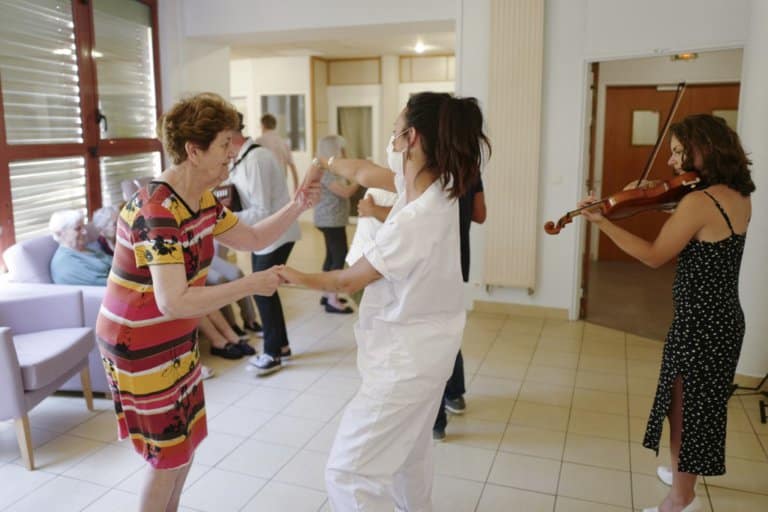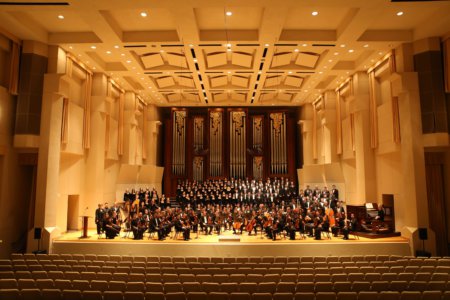
A music therapist is both a skilled musician and a trained healthcare provider.
Similar to the idea of therapy as a whole, music therapy is an evidence-based treatment that uses the power of music to help with a variety of disorders such as Alzheimer’s, autism and substance abuse.
Those who are looking for alternatives to conventional therapy can also try music therapy.
“It’s a medium that is nonverbal, so someone can engage in music without having to speak necessarily, and that can help people to express feelings,” says Jane Creagan, director of professional programmes at the American Music Therapy Association.
“Also, music is generally enjoyable and non-threatening. People tend to engage in music making more readily than they would in something else.”
Music therapists can address a wide array of health conditions, ranging from addiction problems to infant feeding difficulties to developmental disabilities.
And they frequently comfort patients in pain.
Experts say music activates parts of our brains that are responsible for how we move, speak, focus, remember, and emote — making it one of the most powerful stimuli on humans.
Therein lies the reason behind its wide range of use in healthcare.
The most common settings are hospitals, schools, nursing homes, mental health centres and residences for individuals with developmental disabilities.
Music therapists also go to juvenile detention facilities and private practices.
The profession of music therapy requires a bachelor’s degree at minimum, but music therapists often have postgraduate degrees.

Music therapy uses the powerful abilities of music to improve a person’s well-being. Source: Juan Barreto/AFP
Curious to learn more about being a music therapist? Here’s all you need to know:
Education and career as a music therapist
Music therapists typically know how to play a variety of instruments.
Most who decide to pursue an education in music therapy already have multiple years of experience honing their musical performance abilities.
“First and foremost, music therapists are musicians. So the key is to keep practising,” says Joy Allen, chair of the music therapy department at the Berklee College of Music in Boston.
She adds that aspiring music therapists should also be familiar with multiple genres and styles.
“Music therapists typically play guitar and piano and often sing. Anyone who intends to enter the music therapy field should learn those skills,” says Allen.
Some of the best music therapy schools in the US include Western Michigan University’s School of Music, Arizona State University’s School of Music, Theatre, and Dance and Berklee College of Music.
Check out this website for the full list.
Coursework often covers music arrangement, composition, history and theory, plus clinical foundations classes in psychology and therapy.
When considering various music therapy degrees, Allen shares that the one way to judge the quality of the programme is to find out how many and what types of clinical opportunities it offers.
“A solid music therapy programme will teach students about diverse music styles and genres, and the values and beliefs about music, health, and well-being from various cultural perspectives,” she says.
“It will also include instruction about the use of music therapy technologies such as electronic instruments and telehealth.”
To take the certification exam by CBMT (Certification Board for Music Therapists), you need to complete AMTA (American Music Therapy Association)-approved training and internship.
Upon passing, you’ll earn the credential Music Therapist-Board Certified (MT-BC).
Those with a degree in an area other than music therapy may choose to complete the degree equivalency programme in music therapy offered by most AMTA-approved universities.
Under this programme, you complete only the required coursework without necessarily earning a second baccalaureate degree.










